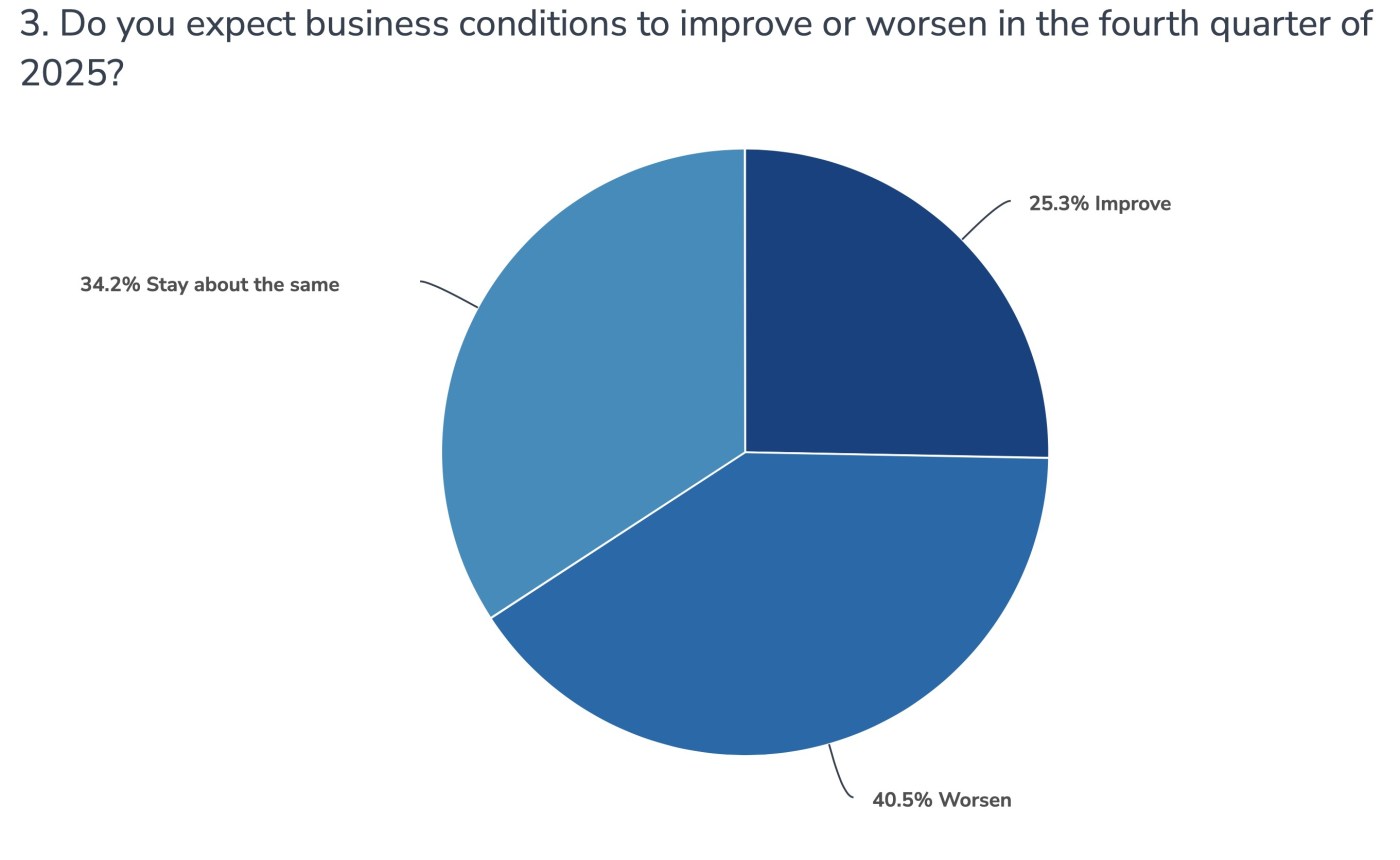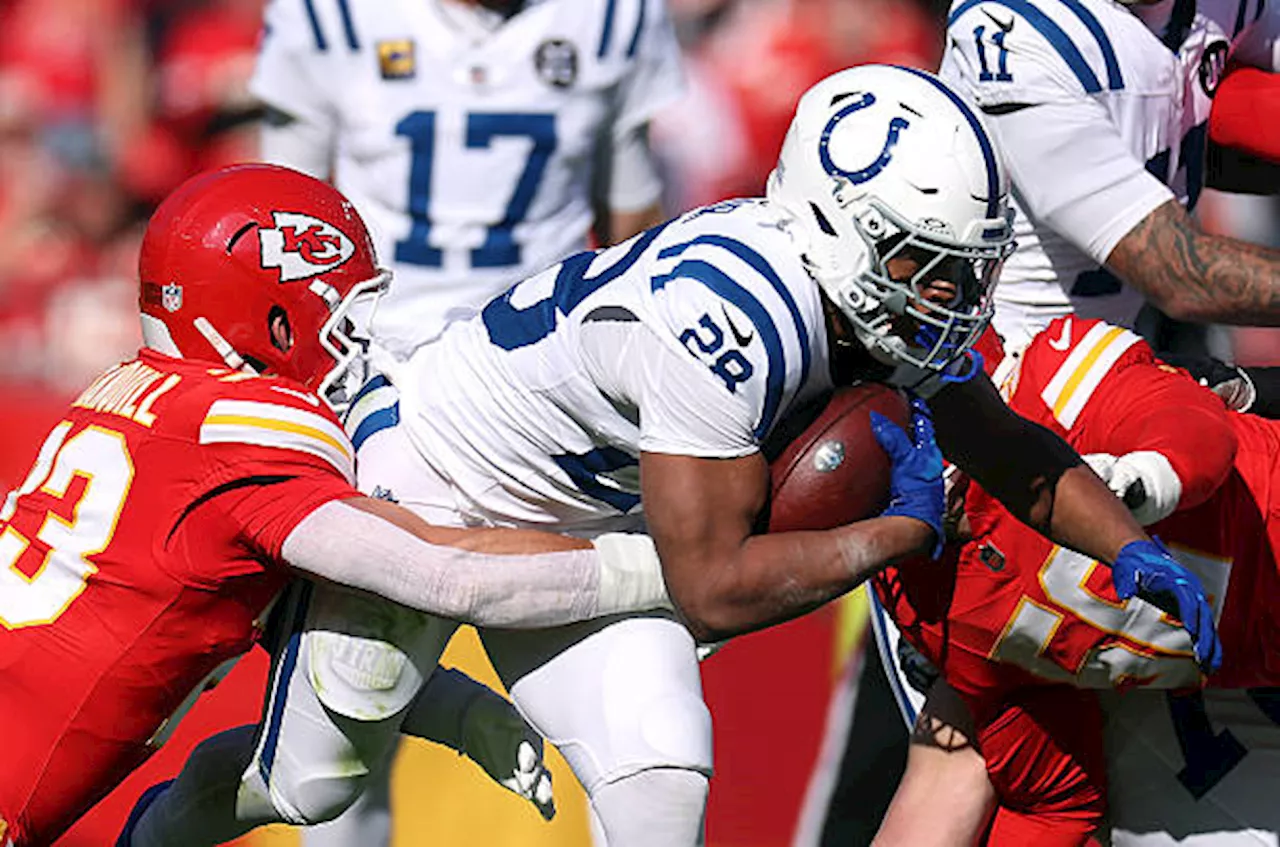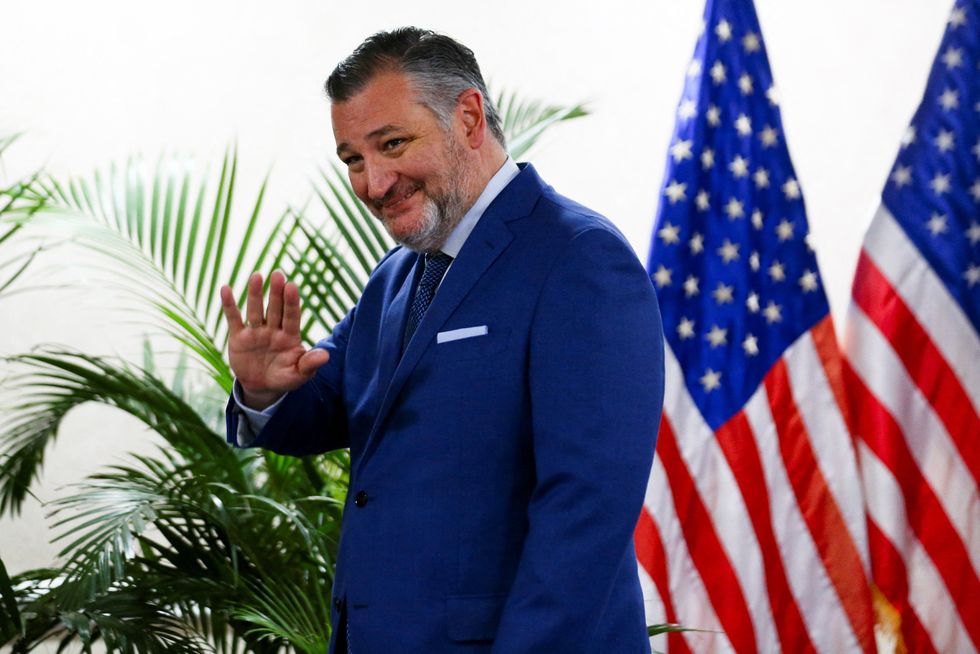URGENT UPDATE: New research from Binghamton University reveals that coaches can significantly enhance athletes’ mental toughness through transformational leadership techniques, rather than outdated motivational tactics.
The study highlights a startling example: Olympic gymnast Simone Biles faced demoralizing comments from her coach, showcasing the negative impact such remarks can have. Instead, researchers advocate for a more empowering approach that nurtures athletes’ self-determination and fosters strong player-coach relationships.
Conducted by Chou-Yu (Joey) Tsai, Associate Professor of Entrepreneurship at Binghamton University, the research provides vital insights into how coaching styles directly influence athletes’ resilience. “The most important psychological characteristics can be cultivated through coaching,” Tsai stated, emphasizing the role of coaches in developing mental toughness and resilience in athletes.
The study surveyed 301 players (169 male and 132 female) from Taiwan’s University Volleyball League, assessing their experiences with transformational leadership throughout the season. Athletes reported on their perceptions of coach behaviors, leading to actionable findings that highlight the necessity for coaches to focus on personalized engagement rather than generic motivational techniques.
Key findings show that coaches who practice transformational leadership create an inspiring vision, motivating players to align with their values. This alignment promotes enhanced mental toughness, crucial for overcoming challenges faced in competitive sports.
To implement these findings, coaches are encouraged to provide individualized feedback and set personal growth goals for each athlete, moving away from detrimental comparisons. “Transformational leadership approaches are usually associated with the business world, but they are easily adaptable in sports,” Tsai noted.
The implications of this study are profound: as sports become increasingly competitive, coaches must adapt their strategies to foster mental resilience among their athletes. “Good leadership is essential, and creating a relationship dynamic rooted in mutual respect is probably the most significant takeaway from this research,” Tsai added.
The findings were published in the International Journal of Sports Science & Coaching, underscoring the importance of modern coaching techniques in enhancing athletic performance.
As the sports world evolves, this urgent call for improved coaching practices highlights the critical need for a shift in how coaches interact with their athletes. This research not only impacts individual sports but has broader implications for the future of coaching across all athletic disciplines.
What’s Next: Coaches and sports organizations should take immediate action to integrate these transformational leadership techniques into their training programs. The future of athlete resilience depends on it.







